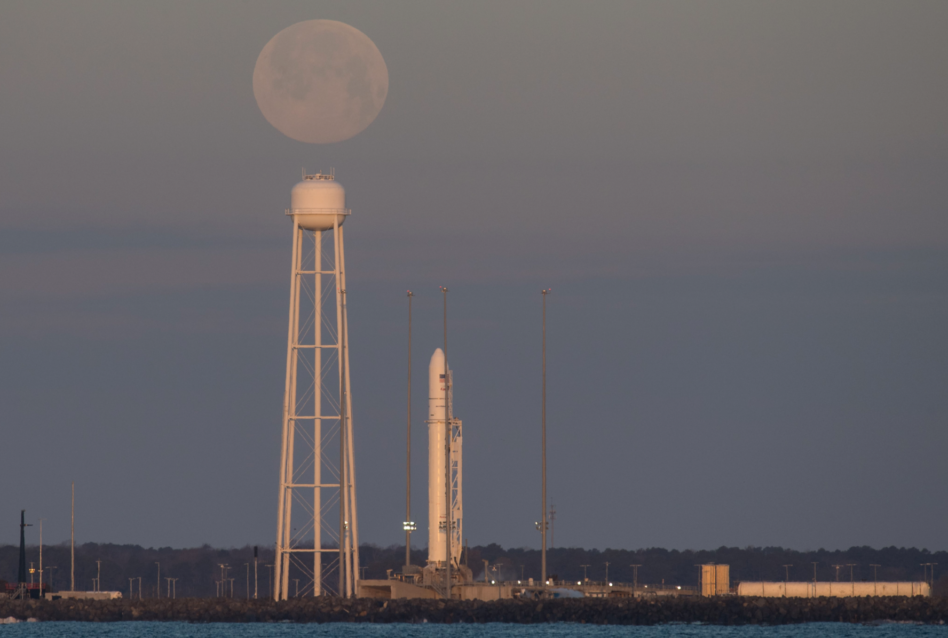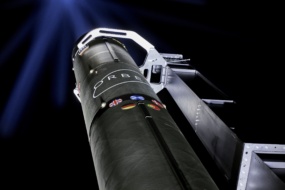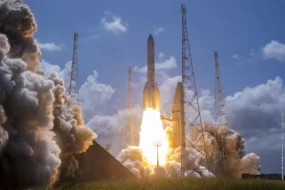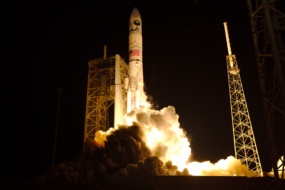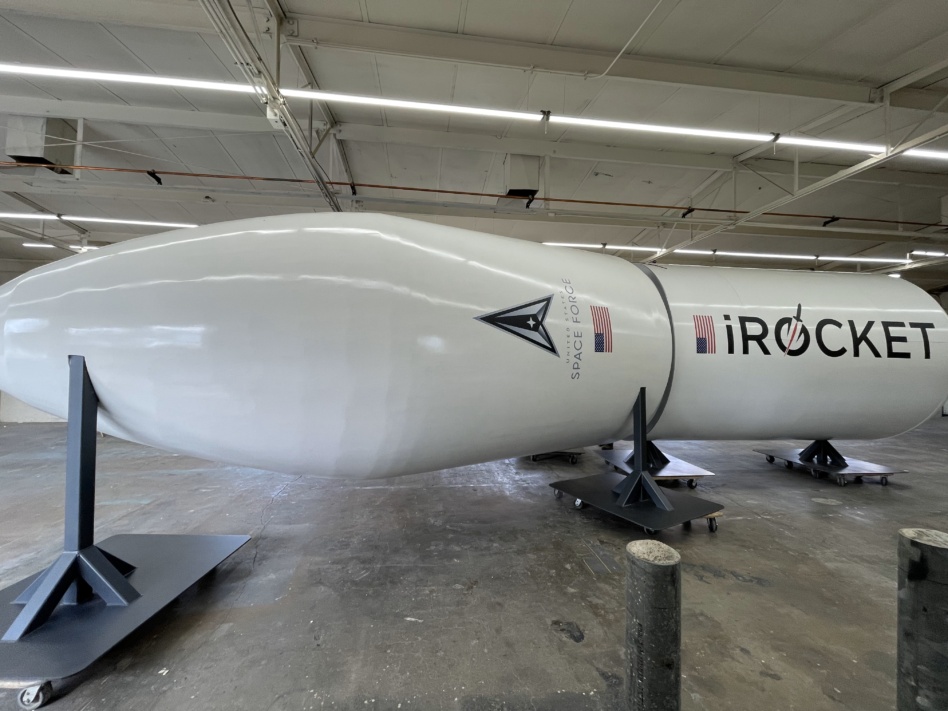Northrop Grumman’s farewell launch of its Antares 230+ rocket on Tuesday marked the end of an era for Russian tech on the company’s launch vehicles.
The Antares 230+ was powered by Russia’s RD-181 engines. After Russia invaded Ukraine in 2022, the US intensified sanctions against Moscow and rocket technology transfers—including the RD-181—came to a screeching halt.
Northrop turns to Firefly: As a result, the Antares 230+ rocket headed for an early retirement. In August 2022, Northrop partnered with Firefly to build the first stage for a new Antares 330 rocket.
- The Antares 330 will be 100% American-made and is expected to launch in 2025.
ULA’s similar problem: Another Russian engine, the RD-180, also powers ULA’s Atlas V launch vehicle. While close to retirement, the Atlas V is still flying, with a joint NRO and Space Force mission scheduled for the end of the month. ULA is shifting its focus to the Vulcan Centaur launch vehicle, which utilizes the American-made Blue Origin BE-4 engine
Northrop and ULA moving to domestic supply chains closes a long chapter of Russian engines on US rockets and begins a new era focused on securing domestic supply chains.
